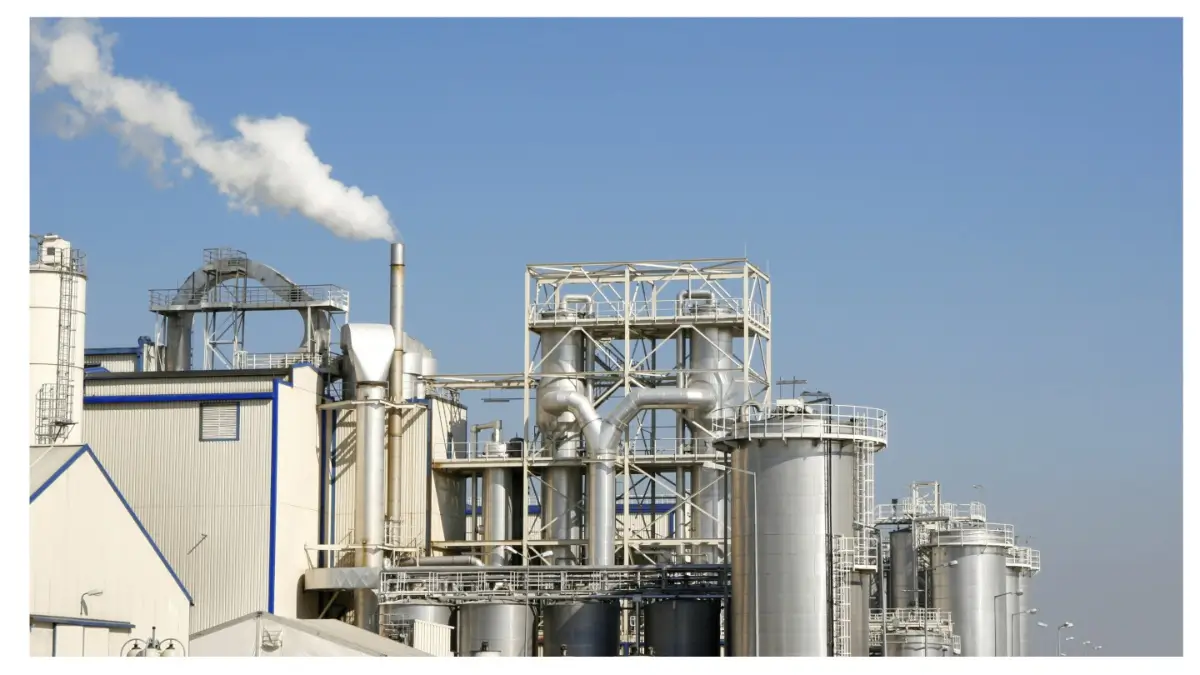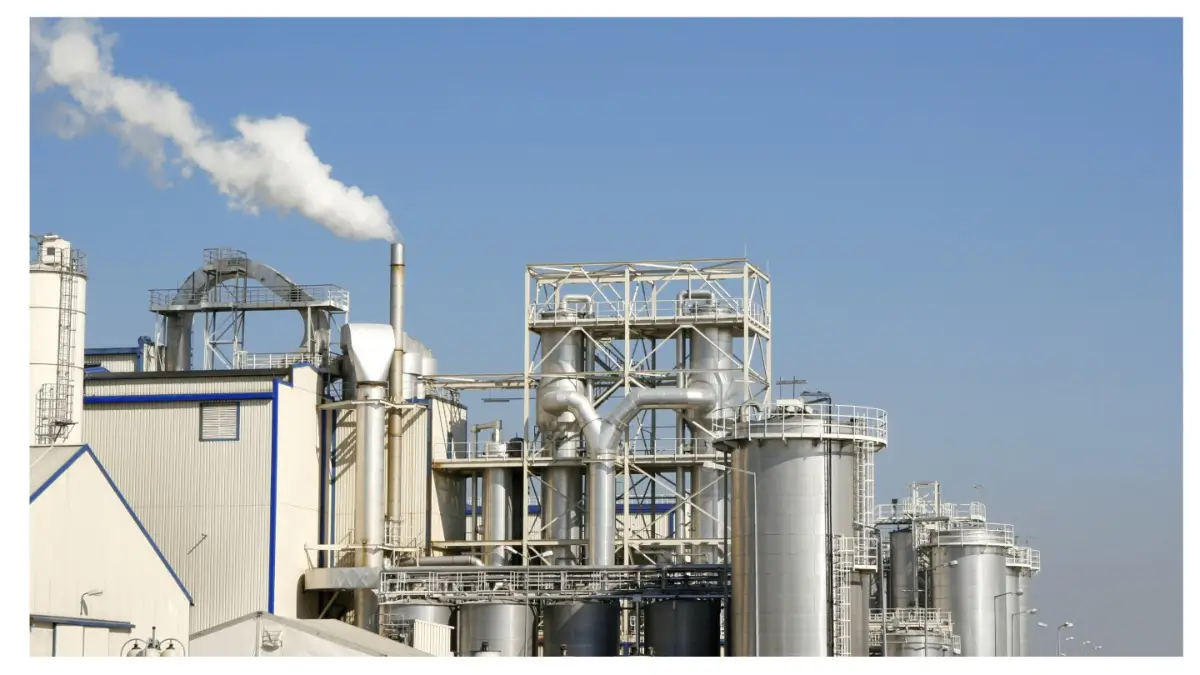‘They … Litigate While They Continue to Poison Us’: DuPont Ordered To Pay $480,000 Fine and Stop Emitting Cancer-Causing Chemical In Predominately Black Community In Louisiana
Chemical manufacturer DuPont has agreed to pay a $480,000 federal fine and to remediate its plant in LaPlace, Louisiana to stop the release of benzene, a highly evaporative liquid chemical known to cause cancer.
A consent agreement and final order outlining the settlement between DuPont and the Environmental Protection Agency was filed on Sept. 25, reported The Advocate.
The EPA sued DuPont after it found high levels of benzene in the air that surpassed permitted federal levels during two surprise inspections of the plant in April 2022.

Brief exposure to benzene at lower levels can cause drowsiness, dizziness, headaches and rapid heart rate, according to the Centers for Disease Control and Prevention. Excessive exposure to benzene can be harmful to the immune system and lower the body’s defense against cancer. Long-term exposure can cause leukemia, a cancer of the blood-forming organs.
Federal law requires industries storing benzene in tanks to have no detectible emissions, which equates to readings of less than 500 parts per million (ppm). The EPA measured 20,100 ppm streaming from a vent on a DuPont waste tank, 1933 ppm of benzene leaking from a pressure valve, and 542 ppm from another line and valve, according to its 2022 report.
DuPont argued that its own measurements found only 1,650 ppm being released from the tank, 2,030 ppm leaking from the second valve on the tank, and 767 ppm leaking from the uncapped line and nearby valve. All those emissions exceeded EPA limits.
The company has agreed to install new equipment to stop those leaks, but said it disagrees that its benzene emissions were harmful.
“We are pleased to resolve this matter with the U.S. EPA,” said Daniel Turner, a spokesperson for DuPont Specialty Products. “From the time the on-site inspection occurred, we have disputed the instrument readings captured by EPA from those of our contractors. However, we have taken immediate corrective actions to resolve the issues identified in the inspection process. It is important to note that there have been no impacts to site personnel or to the community related to this matter.”
DuPont Specialty Products is located in St. John’s Parish in the heart of the industrial corridor between New Orleans and Louisiana known as “Cancer Alley,” where predominantly Black and low-income residents and workers have for decades suffered from disproportionately high rates of cancer compared to the rest of the country.
Recent civil rights lawsuits aimed at forcing petrochemical plants that emit toxic pollutants to alter their operations and to compensate communities of color whose health has been negatively impacted over time by poor air quality were dealt a legal blow in August.
A U.S. District Court in Louisiana ruled that the EPA and other federal agencies can no longer consider disparate environmental harms in Louisiana in enforcing Title VI of the Civil Rights Act, reported The Hill. Instead, they must prove that such environmental discrimination by polluters is intentional.
The DuPont facility, which employees 280 people, produces a chemical compound used to manufacture Kevlar bulletproof vests. It is located on the same site as Denka Performance Elastomers, which Dupont owned and operated until 2015.
The EPA sued Denka in 2023 for allowing excessive releases of chloroprene, another carcinogenic chemical that the government says poses unacceptable health risks to the nearby majority-Black community.
An air monitoring report by the EPA found average concentrations of chloroprene at an elementary school located 1,000 feet from the Denka facility that were 11 times what the EPA considers acceptable, reported ProPublica. Three-quarters of the school’s students are Black.
Denka denied that local health data indicates that cancer rates are higher near its facility, and noted that it has invested $35 million to reduce its emissions by over 85 percent since purchasing the facility in 2015.
That lawsuit is ongoing. Meanwhile, local environmental justice advocates remain skeptical of the latest legal settlement with DuPont.
“They have never made any substantive efforts at trying to relieve our community of the burden of having to suffer their releases,” Robert Taylor, executive director of Concerned Citizens of St. John, a local advocacy group, told Atlanta Black Star after learning of the recent settlement related to benzene.
“So if they actually agreed to not pollute us, it would be something at least,” he said. “I have just been overwhelmed with their ability to avoid being a safe neighbor in our community. They find ways to litigate while they continue to poison us.”

